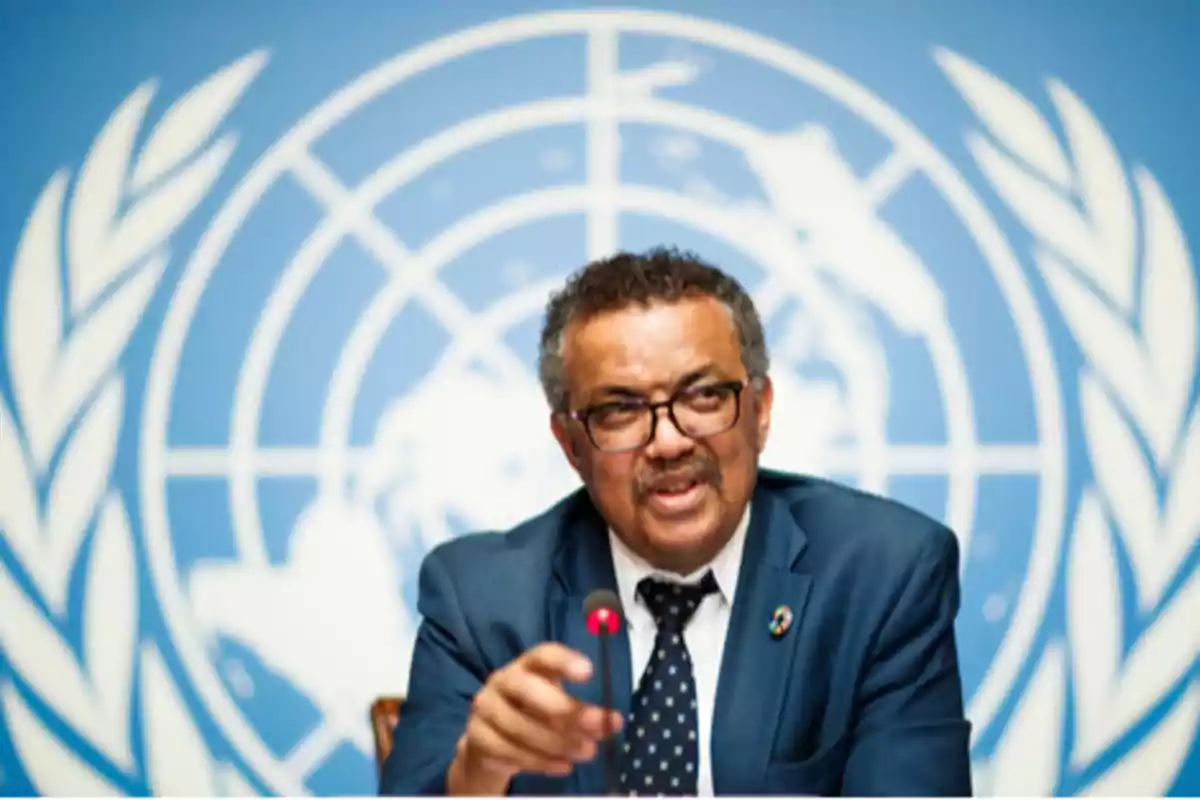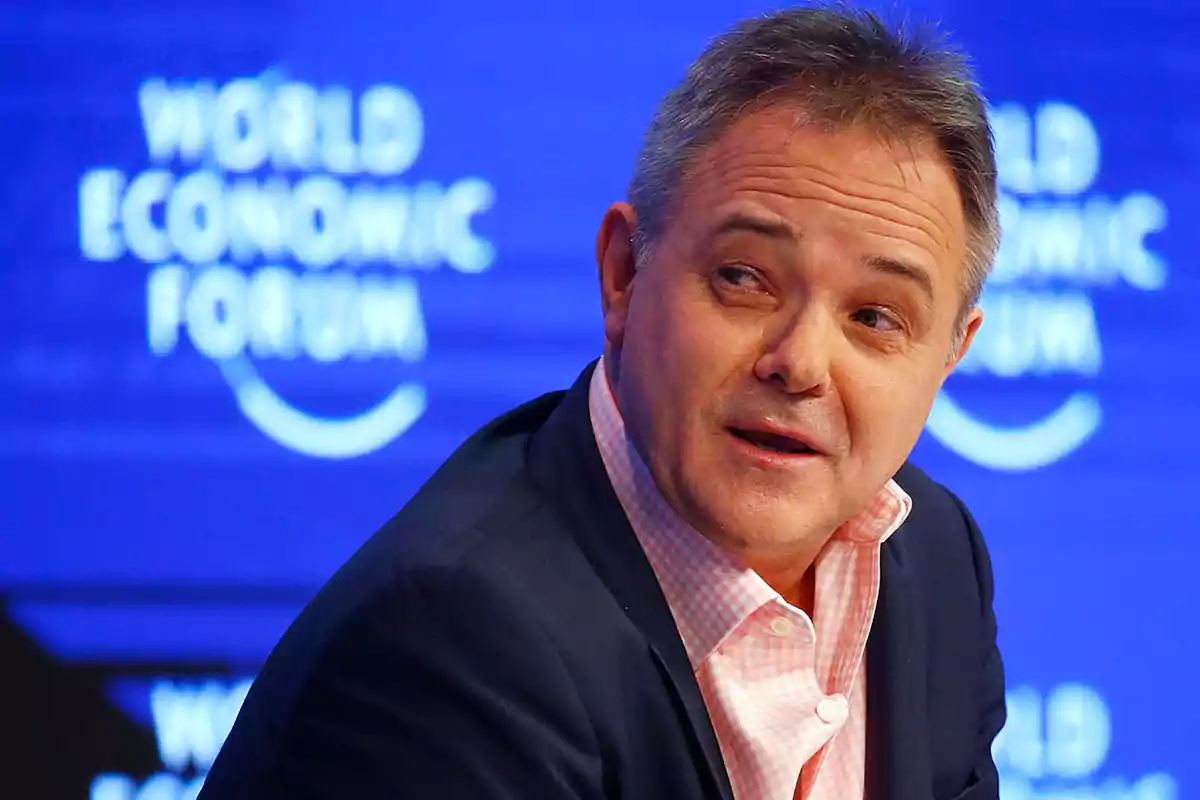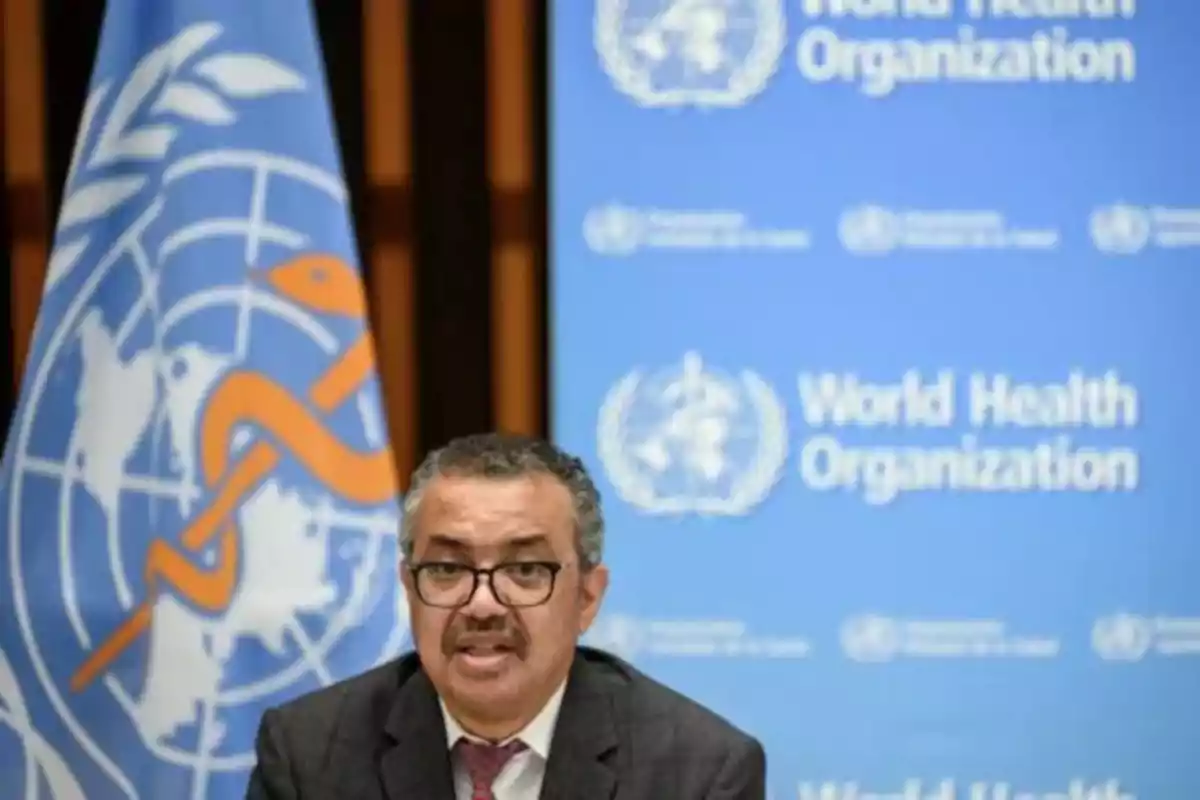
WHO wants to impose a delusional tax on cigarettes and alcohol
The World Health Organization is seeking approval for a global tax on the tobacco and alcohol industries
The World Health Organization (WHO) has launched its most ambitious proposal to date to address chronic public health problems, urging countries to increase the prices of sugary drinks, alcohol, and tobacco by 50% through taxes over the next ten years.
This initiative, called "3 by 35," was presented at the UN conference on Financing for Development in Seville, Spain.
According to WHO, this tax increase would help reduce the consumption of these products, which are responsible for diseases such as diabetes, cancer, and other chronic conditions, in addition to generating significant tax revenue.
They estimate that, if implemented globally, it could raise up to one trillion US dollars (USD 1,000,000,000,000) by 2035. This measure also aims to replace the elimination of the corrupt USAID and address the growing public debt in many countries, upsetting the fiscal balance in other countries.

Jeremy Farrar, WHO's Assistant Director-General for Health Promotion and Disease Prevention, emphasized that "taxes on harmful products are one of the most effective tools we have" and that "it's time to act."
WHO's Director-General, Tedros Ghebreyesus, stated that these taxes can help governments adapt to the "new economic reality" and strengthen their health systems with the resources collected.
The proposal is mainly designed for the financing of low- and middle-income countries, many of which are experiencing cuts in international aid, particularly from United States, which is currently in the process of withdrawing from WHO and did not participate in the conference in Seville.

WHO health economist Guillermo Sandoval explained that in a middle-income country, a product that currently costs 4 dollars could increase to 10 dollars by 2035, considering inflation.
The measure aims to discourage consumption while generating public revenue, causing the populations of middle- and high-income countries to pay the expenses of those poor countries, at war or with an unstable economy.
Between 2012 and 2022, approximately 140 countries have already implemented similar increases in tobacco taxes, achieving a price increase of more than 50% on average.

Sandoval also mentioned that WHO is evaluating extending its fiscal recommendations to ultra-processed foods, once their official definition is finalized in the coming months. He acknowledged, however, that resistance is anticipated from the industries involved.
The initiative is supported by organizations such as Bloomberg Philanthropies, the World Bank, and the Organization for Economic Cooperation and Development (OECD). In addition, it contemplates providing technical and political support to countries interested in applying these fiscal measures to improve public health and strengthen their internal finances.
More posts: